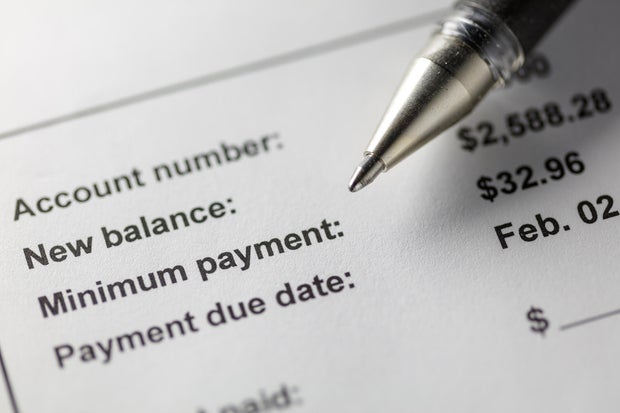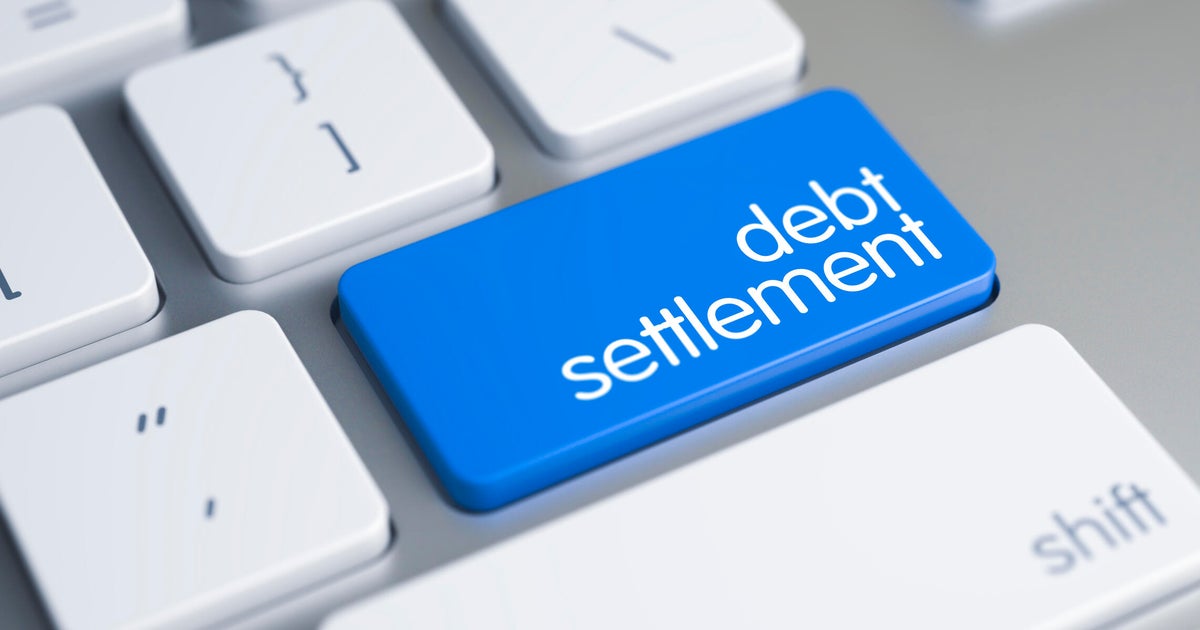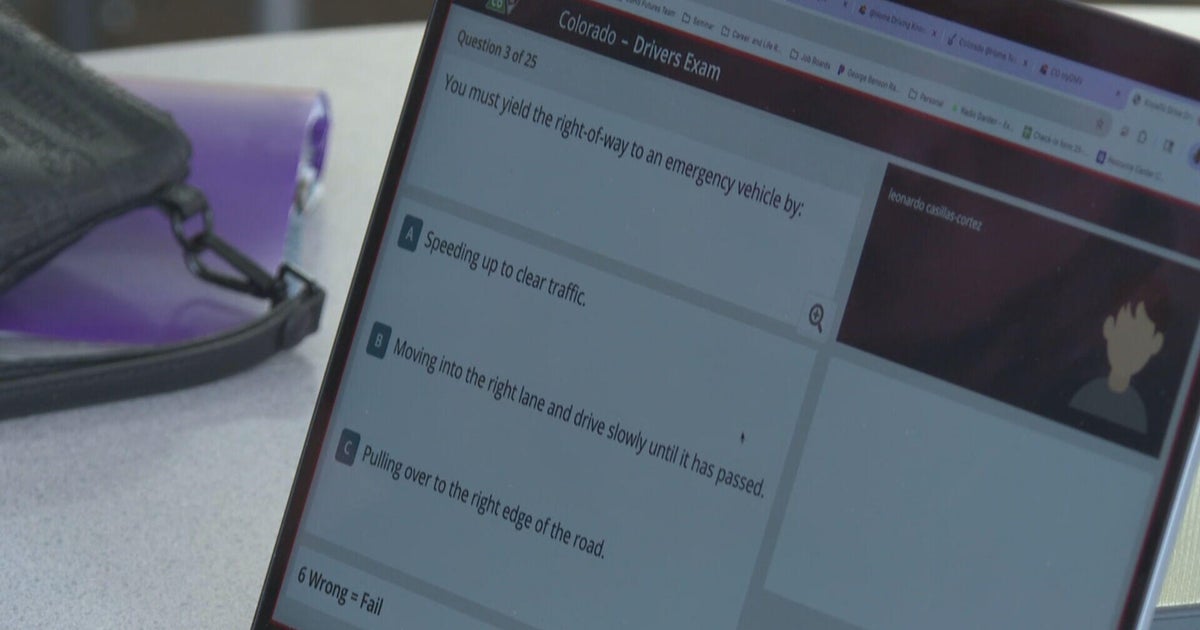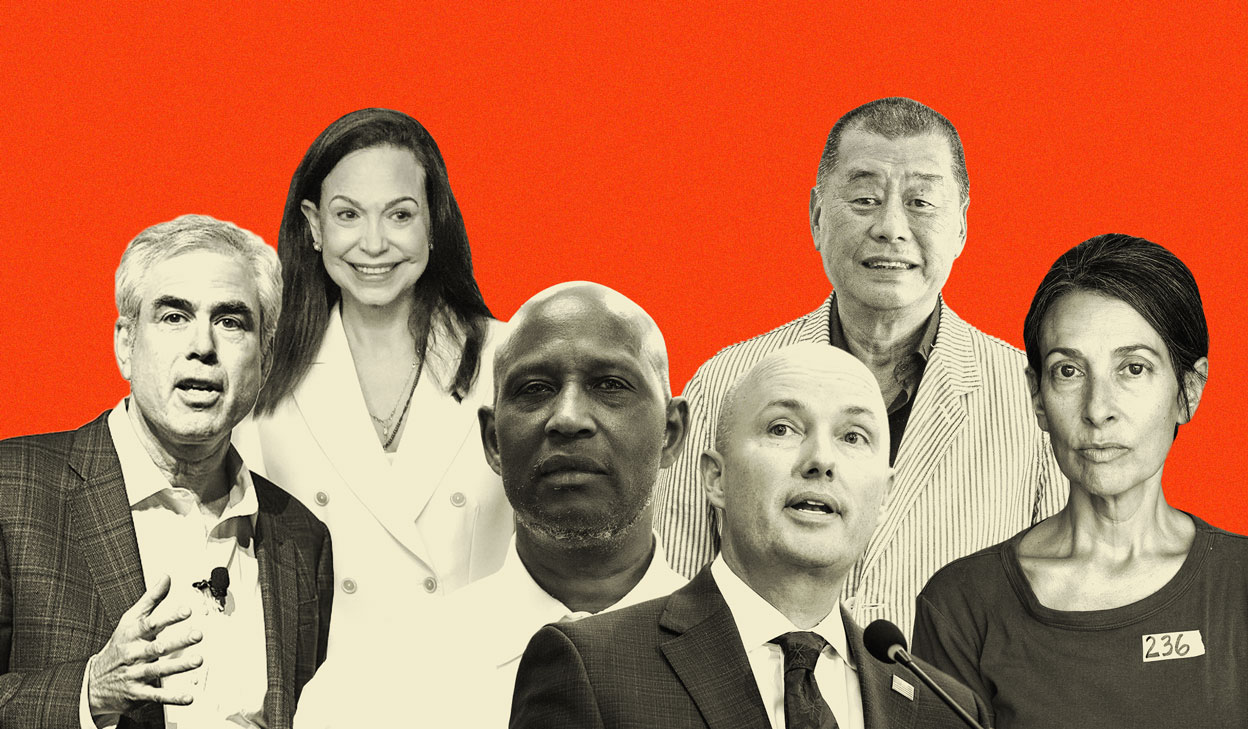What happens if you just pay the minimum on your credit card?
When money is tight, it can be tempting to make only the minimum payment on your credit card each month. After all, paying just a small fraction of your balance helps you avoid late fees and keep your account in good standing — at least in the short term. But while minimum payments can help you stay afloat temporarily, they come with major long-term costs that could keep you stuck in debt for years.
What many people don't realize is that minimum payments are structured to benefit credit card companies more than borrowers. By paying just the minimum, you not only prolong the repayment process but also allow interest charges to pile up month after month — and that can become a problem quickly. The average credit card rate is currently hovering near 22%, after all, and, over time, a rate that high can cause your balance to snowball into a financial burden that's much harder to escape.
So, if you're currently only able to make minimum payments, it's important to understand what that means for your finances.
Learn how to take control of your credit card debt now.
What happens if you just pay the minimum on your credit card?
Here's a closer look at what happens when you only pay the minimum — and what you can do to reduce the long-term cost of your credit card debt.
Interest compounds
Minimum payments are designed to keep you in debt longer, not to help you eliminate it. When you only make the minimum payment on your credit card, you're not just stretching your debt out over a longer period — you're allowing interest charges to compound. That's because credit card interest is typically calculated using a method called daily compounding, meaning the balance that's left after your minimum payment accrues interest every single day. Then, the next day, interest is charged on that slightly larger amount — and so on.
This can create a snowball effect where the credit card balance barely budges and the interest keeps racking up. For example, if you have a $5,000 balance on a card with a 22% APR and only pay the minimum each month (typically around 2% to 3% of the balance), you might end up paying thousands of dollars in interest on top of what you originally borrowed.
Find out how to reduce the cost of your credit card debt here.
You pay a lot of money in interest
Only making the minimum payments also results in paying more in total interest over time. For example, let's say you only make the minimum payments of 2% on a $10,000 credit card balance with an interest rate of 21.91%. That would result in paying nearly $17,000 in interest charges by the time you paid off your card balance.
Doubling what you pay each month, though, by paying 4% of the balance each month would result in just over $3,700 in total interest on the same balance at the same rate. So, by simply doubling your monthly payment, you would reduce the interest you owe on a $10,000 balance by over $13,000.
The repayment process is prolonged
When you make only the minimum payment, it takes longer to pay off your credit card balance. For example, it would take you more than 11 years to pay a $10,000 balance at today's average interest rate of 21.91% with a 2% minimum payment. If you paid 4% of the balance instead of 2%, though, you could pay it off in about three years instead.
The account stays current
You won't make much progress on your debt if you're only making the minimum payments, but minimum payments play a critical role in keeping your account current. If you're 30 or more days late on a payment, your account may go to collections. So, by making your minimum payment each month, you avoid the repercussions that come with missed payments, like extra late fees, penalty APRs and credit damage.
You avoid unnecessary credit damage
Your payment history accounts for 35% of your credit score. The more consecutive on-time payments you make, the better your payment history becomes, even if you're just paying the minimum. While you may not see your credit score shoot up every time you make an on-time payment, you're adding positive data to the most important part of your credit score.
How to make your credit card debt more affordable now
If you're only able to make the minimum payments on your credit cards, there are a few strategies you may be able to use right now to lower the cost of your credit card debt, including:
Credit card hardship programs
Some credit card issuers offer credit card hardship programs to those dealing with temporary financial hardships. Through these programs, your card issuer may lower your interest rate or payments temporarily to make it easier for you to handle your debt. In some cases, they may pause your payments for a certain time period. So, if you're facing a job loss or another type of temporary hardship, you may want to contact your credit card company to find out if they have a hardship program and learn how you can qualify.
Debt consolidation loans
Many lenders offer debt consolidation loans that you can use to lower the cost of your debt. Debt consolidation offers two key benefits if you're just making monthly payments right now: You'll likely get a lower rate on your loan compared to your credit cards and you'll also streamline the repayment process by rolling multiple debts into one monthly payment. By lowering your rate by even a few points, you could see significant savings on the cost of your debt.
Debt management program
Credit counseling agencies offer debt management programs, and enrolling in one can result in lower interest rates on your credit card debt. With this type of program, the experts you work with will try to negotiate lower interest rates with your card issuers, which could, in turn, lower your monthly payment and result in a shorter payoff time.
The bottom line
Paying the minimum on your credit card might seem like a short-term solution, but it can come at a steep long-term price. Between the compounding interest, the prolonged repayment timeline and the thousands of extra dollars you could end up spending, minimum payments often keep you trapped in a cycle of debt.
The good news is, though, that you don't have to stay stuck. Whether it's through a hardship program, a debt consolidation loan or a debt management plan, there are ways to make your credit card debt more affordable — and to start making real progress toward financial freedom.






